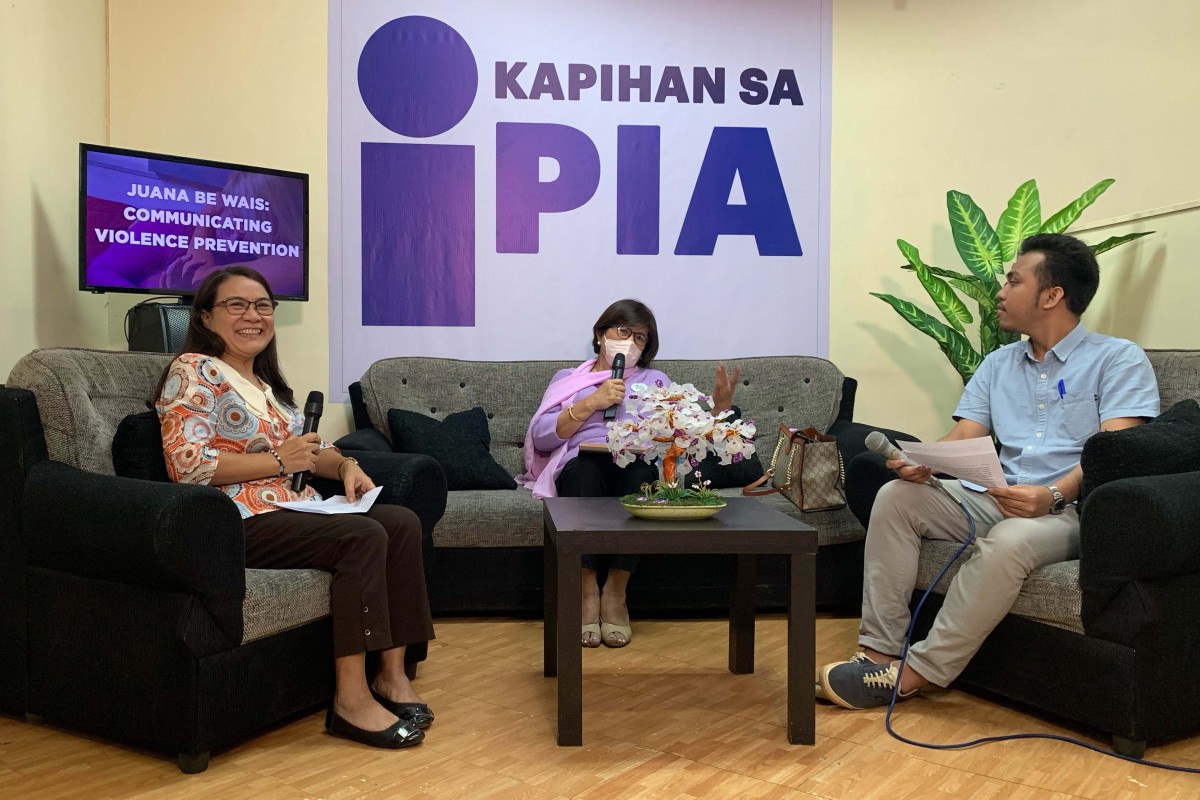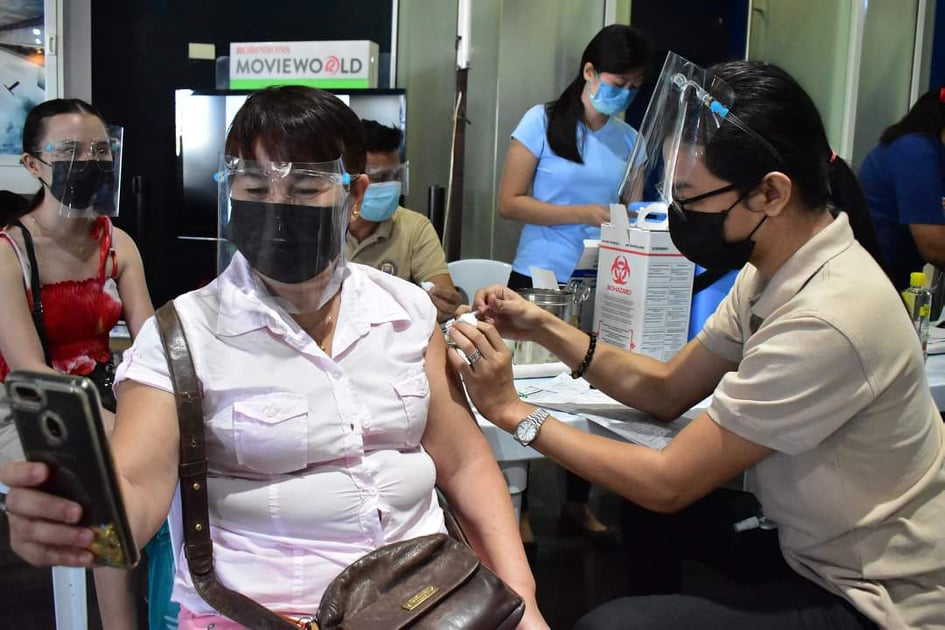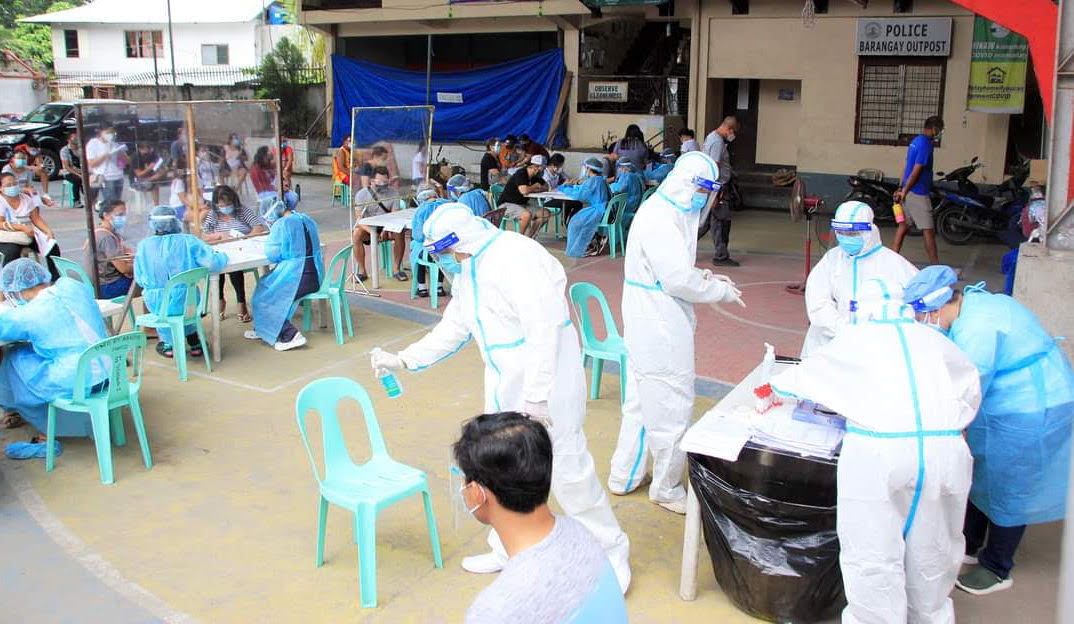
CEBU CITY, Cebu, March 9 (PIA) -- In the Philippines, the most common perpetrators of violence are individuals living with their victims in one house.
This was disclosed by Health Education and Promotion Officer III Ligaya Moneva of the Department of Health 7 during the Kapihan sa PIA held March 8.
Moneva said that based on the statistics of the National Demographic and Health Survey (PSA, 2017) 19% of women have experienced physical and/or sexual violence, and that perpetrators were either current or former husband/partner among ever-married women, and either mothers/stepmothers and fathers/stepfathers among never-married women.
The enumerated domestic violence are acts of physical (beating, strangling, beating), psychological (blackmail, control, coercion, isolation), sexual (rape, trafficking), or economic abuse, which are used to control a partner or a family member.
A survey led by UNICEF and the Council for Welfare of Children in 2016 shows that 80% of the 3,866 respondents aged 13-24 years had experienced some form of violence in their lifetime, whether at home, in school, workplace, community or during dating.
The estimated total prevalence of violence against children among boys was 81.5% and 78.4% among girls.
She also added that among the key strategies of the Juana Be Wais Local Health Promotion Playbook is to encourage parents, guardians, and carers to adopt positive and non-violent parenting practices and to avoid corporal punishment.
Moneva encouraged the public to know how and when to report cases of violence.
DOH currently implements programs such as the Women and Child Protection Unit (WCPU) that provide medical, psychosocial, legal and forensic services to the increasing number of women and children seeking assistance due to violence, abuse, rape, incest, and other forms of exploitation.
The Juana Be Wais Health Promotion Playbook for Violence and Injury Prevention provides local government units with ready-to-use tools to help prevent violence and injury against women and children, specifically for raising awareness, enhancing knowledge and skills for preventing violence and protecting one’s self, and for influencing social norms for the elimination of violence and injury in the community and at home. (MYP|PIA7)






